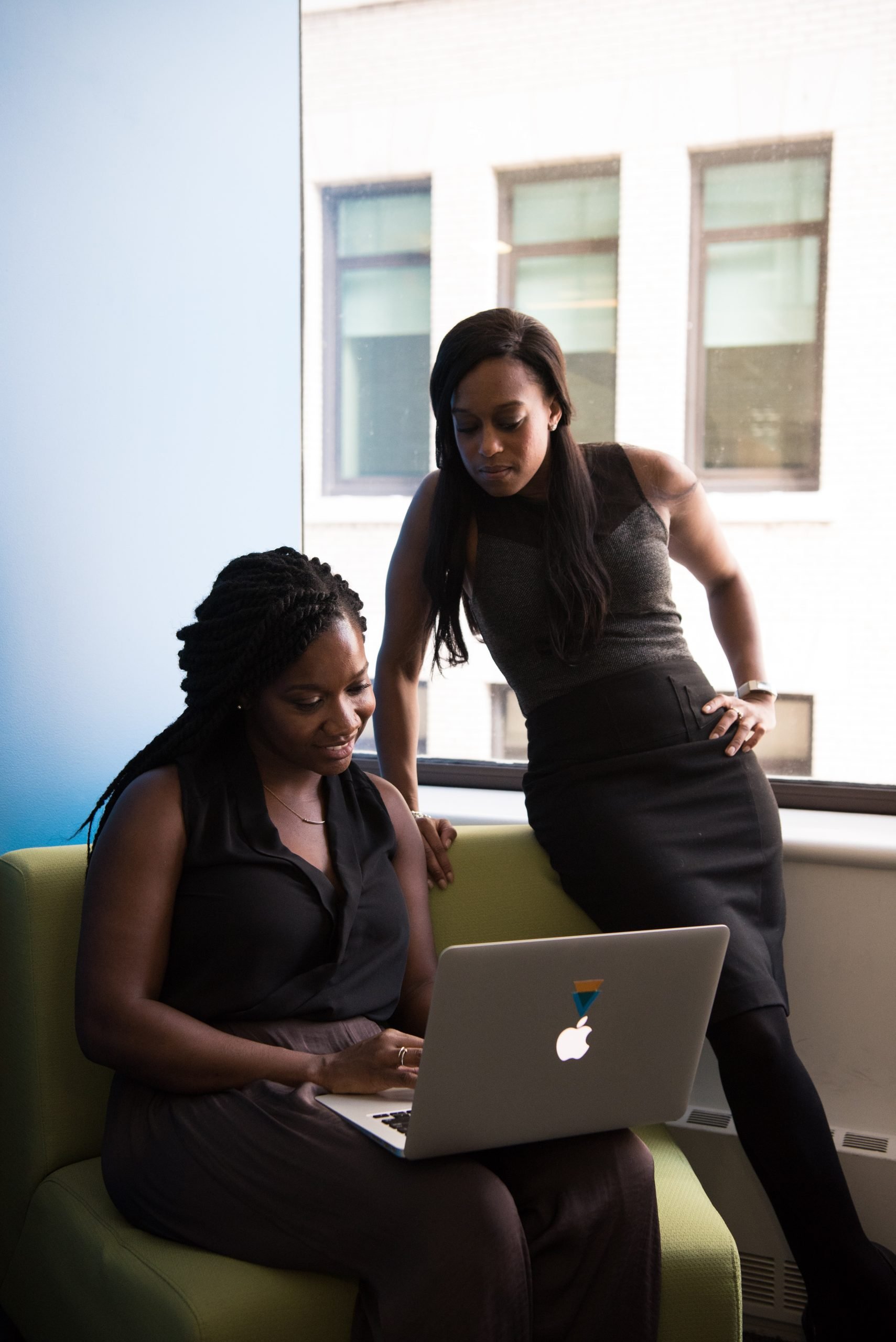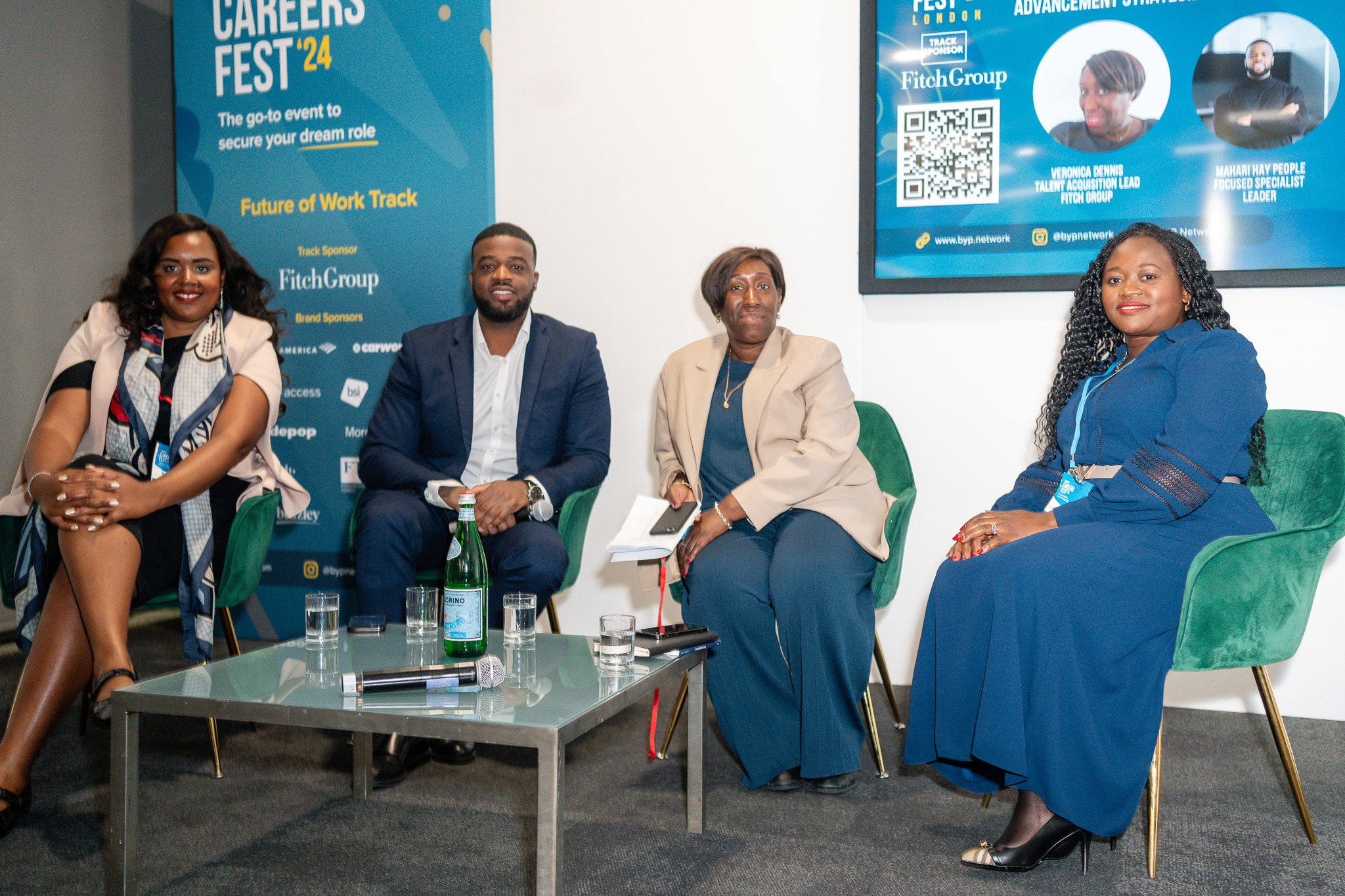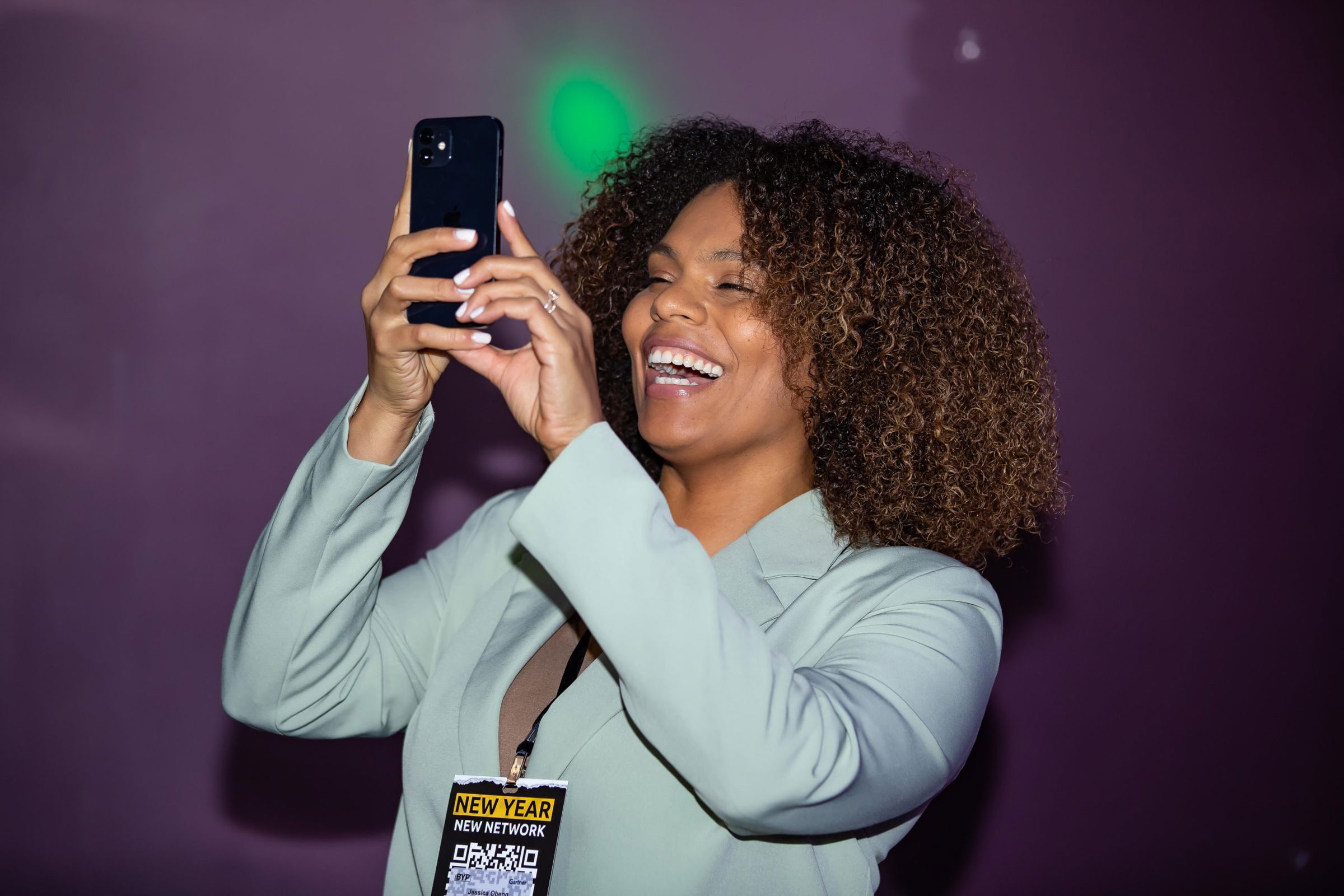Breaking the existing underrepresentation at work
Despite the growing number of Black women finding success in their careers, they still face challenges at the intersection of race and gender. Underrepresentation, lack of cultural competency, and appearance policing prevent them from having an optimal work experience. These barriers also prohibit Black women from holding leadership positions and receiving equal wages.
In February 2021, a report illuminated that the number of Black executives working at the leadership level in the UK’s top 100 companies fell to zero. The overwhelming majority of executives are white men.
This lack of Black female representation at senior-level positions provides little to no social capital for Black women. The leadership’s experiences drive company cultures. These experiences are vastly different from the average Black woman—personally and professionally. This creates a culture where Black women are not seen, heard, or understood.
When Black women do not have adequate representation at the leadership level, companies run the risk of making decisions that don’t consider their experiences and inputs. Even more concerning is the messages Black women receive when this occurs. For example, feelings of being “othered” and isolation can creep in when Black women professionals do not have anyone to express their concerns. These messages stifle potential contributions that Black women can bring to the table.
Avoiding burnout due to historic lack of empathy
The issue can be further examined through systematic and historical struggles. Black people in the UK and the US have histories intertwined with racism and servitude. There is a literal genetic urge to work harder to sustain, even through significant life changes like the death of loved ones or giving birth.
Servants and enslaved people often faced retribution for slowing down production or not performing at the level demanded. As the descendants of these people, Black women are programmed to overwork and produce beyond their job descriptions.
Historically, non-Black entities are also accustomed to this behavior. This contributes to burnout and depression. Typically, these issues are not openly addressed or given empathy in the workplace.
Curtailing appearance policing
Appearance is a specific concern for many Black professional women. Wearing certain hairstyles can garner unwanted attention, attraction, or even confusion among non-Black employees. Women have endured jokes and unnecessary comments and have even been prohibited from opportunities. All are derived from a typical cultural display of that individual’s personality or lifestyle.
Corporations must take a step further by being concerned with diversity and inclusion on lower levels and in upper management.
Creating safe spaces and workgroups where Black women can openly share their experiences is vital. Additionally, when companies invest in diversity education, it opens up effective spaces for healthy communication and understanding.
BYP is a great place to start. With thousands of Black professionals in our network, we have first-hand knowledge of the complexities of the Black experience.
Find out more
If you are looking to understand the Black experience at work on a deeper level, you can take part in BYP’s expert-led and CPD-accredited Black Experience Course. The online course contains videos and written guides that instruct on attracting, engaging and retaining Black talent whilst opening up the conversation on the challenges and biases that Black professionals face in the workplace.






